Graceland Graffiti: Elvis Fans as Place-Makers and Memory Agents
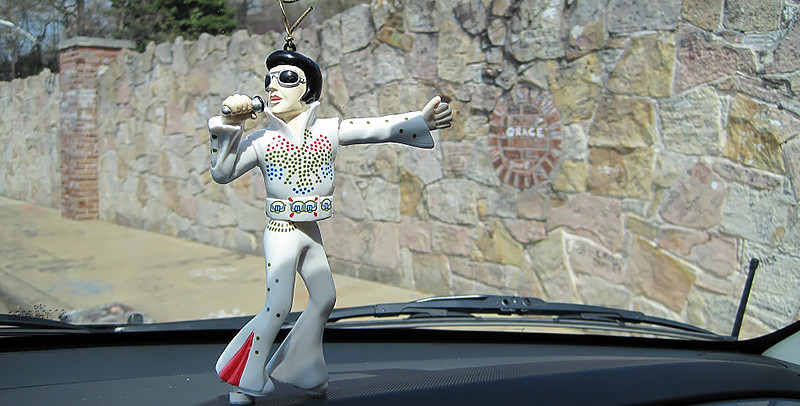
Derek H. Alderman, Hannah Gunderman and Donna G’Segner Alderman
In describing Elvis Presley in Wilson and Ferris’ 1989 Encyclopedia of Southern Culture, Stephen Tucker wrote: “Presley is probably the most famous Southerner of the 20th century.” Elvis occupies third place on John Sheldon Reed’s list of the twenty most influential Southerners of the past century, eclipsed by only Martin Luther King, Jr. and William Faulkner.
The Top Five Reasons to Study Religion

Gary Laderman It’s not easy being chair of a religion department. August is an especially cruel month as we close out one academic year and start up a new one, and begin again to struggle with an increasingly vital challenge: recruiting and keeping more majors. I’ve been teaching at Emory University for over 20 years, and every August I begin to obsess about a question. . . that’s at the center of my intellectual passion and personal livelihood: how do you convince people to study religion?
“Islam” is Not a Person
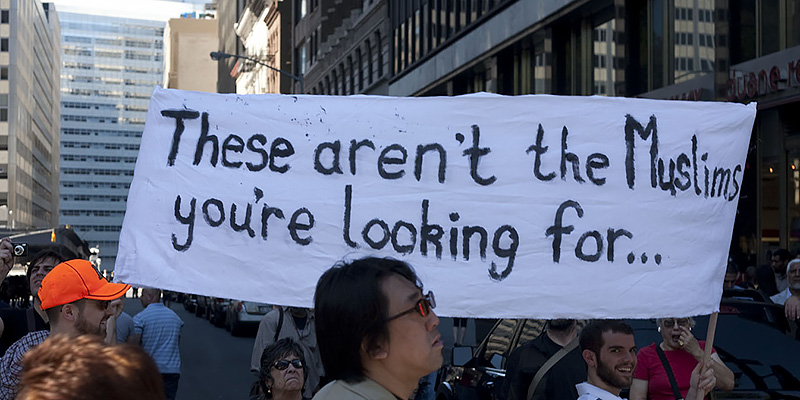
Hussein Rashid There is an idea of “Islam,” as a signifier of something foreign and threatening, that continues to plague American discussion of the religion. It is part of the shooting in Chattanooga, and it part of the debate around the Iran nuclear deal. This view of Islam has been part of how America has defined itself since the founding of the country.
A Moment of Zen: Reflecting on Jon Stewart as a Sacred Figure in the American Television Landscape

David Feltmate August 6 is coming. Jon Stewart is leaving The Daily Show. We now know the hour and the day of the reckoning and I do not envy Trevor Noah. He has taken on the most thankless job in American mass media, replacing the much beloved Stewart and trying to endear himself to an audience that has built itself around a charismatic comedic character.
Friends of the Devil?: Deadheads, Religion and Spirituality

Scott Muir In a recent Sacred Matters post, Gary Laderman suggested that the recent widespread celebration of the Grateful Dead represents both a plentiful harvest of the seeds sown in the countercultural upheaval of the 1960s and a harbinger of the future of religious life in a country increasingly disaffiliated from major religious traditions. Earlier this month, I surveyed 147 Deadheads.
What Pixar’s “Inside Out” Teaches Us About Suffering
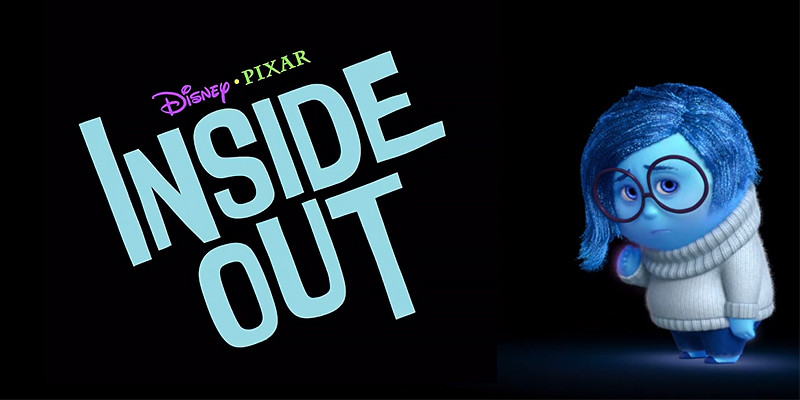
Jonathan Orbell When my wife suggested we go out and see Pixar’s newly released Inside Out, I agreed, albeit reluctantly. “I’ll be asleep within 20 minutes,” I thought. Suffice it to say, I’m not really a “kids movie” kind of guy; more of an “old soul.” I was in for one hell of a surprise. Inside Out consists of two parallel storylines. The first, occurring in the “real” world, tells the story of Riley (Kaitlyn Dias), an 11-year-old Minnesotan girl whose family moves out to San Francisco.
Institutional Racism: Anywhere, U.S.A.

Luís León The horrific events in Charleston recently have prompted a robust and much needed conversation on race and the privileges and disadvantages that adhere to it. While conceding that racism continues through individual animus, the political right advances the mythology that institutional racism has ceased, ignoring social inequities such as economic disparity, educational opportunity, incarceration rates, and even life expectancy.
The Future of Religion Is…. The Dead

Gary Laderman
I have seen the future of religion… and it looks a lot like a Grateful Dead concert. With all of the hype and hullabaloo surrounding the Dead’s 50th anniversary and recent concerts, it is easy to discern some features of America’s new spiritual landscape in the testimonials and commentaries pervading the media coverage of this historic moment.
For Believers, Fear of Atheists is Fueled by Fear of Death
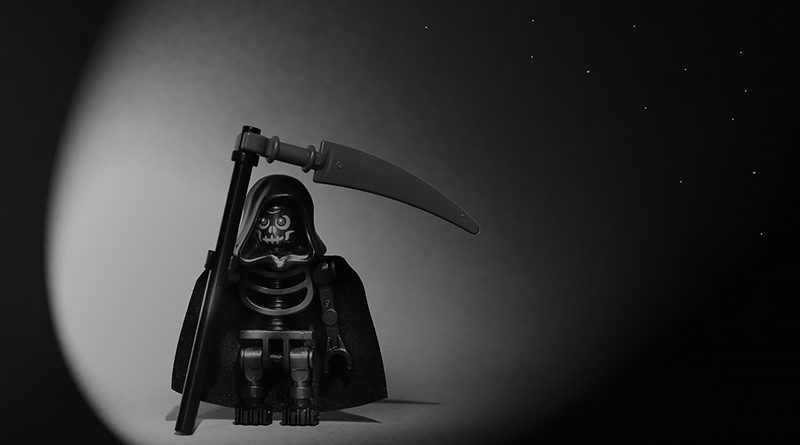
Corey L. Cook and Sheldon Solomon Skepticism about the existence of God is on the rise, and this might, quite literally, pose an existential threat for religious believers. It’s no secret that believers generally harbor extraordinarily negative attitudes toward atheists. Indeed, recent polling data show that most Americans view atheists as “threatening,” unfit to hold public office and unsuitable to marry into their families. But what are the psychological roots of antipathy toward atheists?
Tongue in Cheek, Just in Case
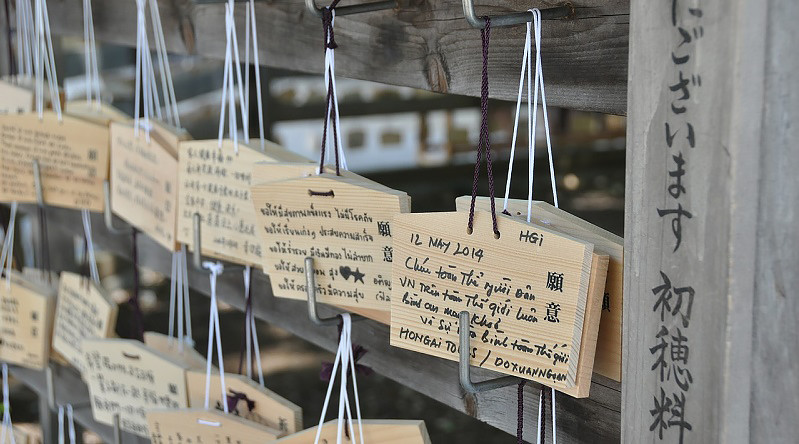
Jolyon Baraka Thomas Few people would think that the essence of Japanese religion could be encapsulated in an advertisement for antivirus software, but then again few people outside of Japan have seen this video.
